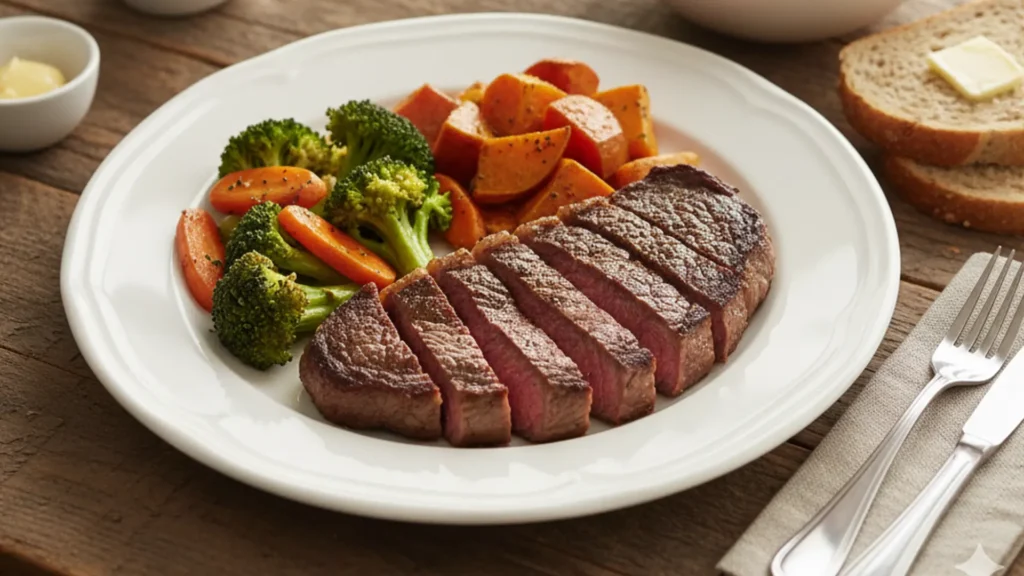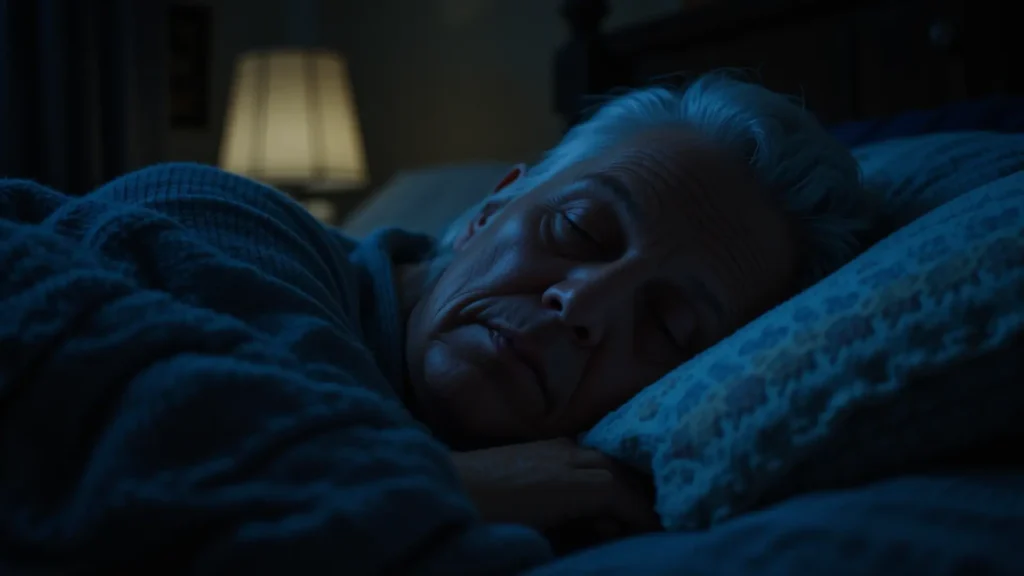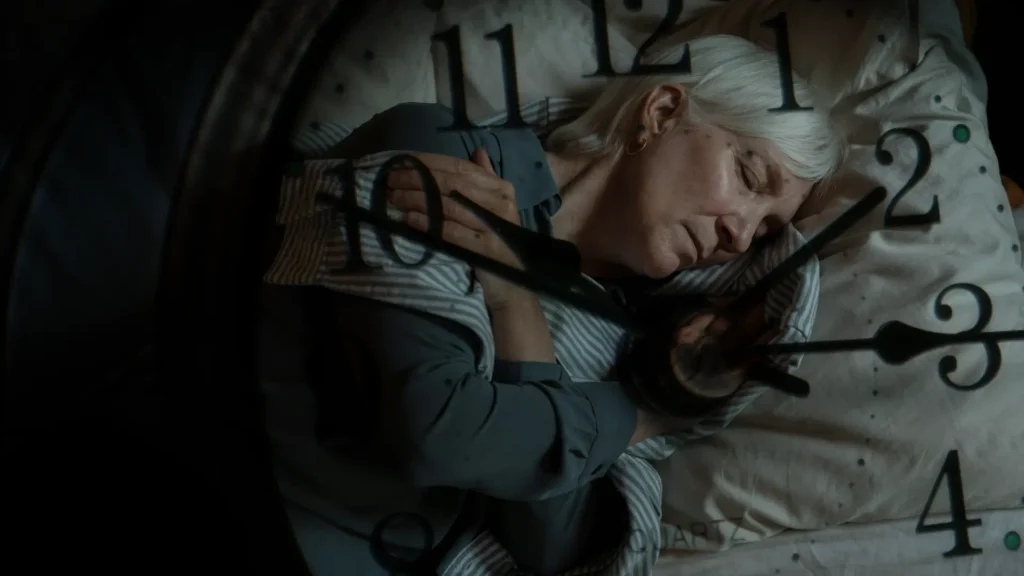Bones support our entire body. As people grow older, bone health becomes very important. Strong bones help prevent falls, fractures, and many health problems. Vitamin D plays a key role in keeping bones strong. But many older adults do not get enough vitamin D. This lack can harm bones and overall health.
Have you wondered why doctors talk so much about vitamin D? What makes this vitamin so special for elderly people? This article will explain why vitamin D is essential, how to get it safely, and tips to protect your bones as you age. You will find simple, clear steps to stay strong and healthy.
The truth about vitamin D is more important than most realize. Knowing this can change how you care for your body every day. Read on to learn the facts and discover useful advice that you can use now.
How Vitamin D Works for Bone Health
Vitamin D is not just a regular vitamin. It acts like a key that unlocks the door for calcium to enter your bones. Calcium is the main mineral that makes bones hard and strong. Without enough vitamin D, calcium cannot be absorbed well. This leads to weak bones and a condition called osteoporosis.
Osteoporosis makes bones thin and brittle. Bones break easily, which can cause serious injuries. Falls in elderly people often lead to broken hips or wrists. These injuries can cause long hospital stays and reduce independence.
Vitamin D also helps muscles work better. Strong muscles help keep balance and prevent falls. This is another way vitamin D protects elderly people. So, vitamin D supports bones and muscles. Both are needed to stay active and safe.
Scientists have found that many elderly people have low vitamin D levels. This is due to less time outdoors, changes in skin, and diet. Older skin makes vitamin D less easily when exposed to sunlight. Also, the body does not use vitamin D as well with age. This means older adults need extra care to get enough vitamin D.
Sources of Vitamin D: What Works Best for Elderly?
Vitamin D is essential for healthy bones, but getting enough can be a challenge for elderly people. The body makes vitamin D mainly through sunlight. When skin is exposed to the sun, it produces vitamin D within minutes.
This natural process is the most efficient way to get vitamin D. However, seniors often spend less time outdoors than younger people. This can happen for several reasons.
Mobility issues are common as people age. Walking or moving around outside might become difficult or tiring. Health problems, such as arthritis or heart conditions, may keep some seniors indoors. Another reason is fear of sunburn or skin damage, which can lead to skin cancer.
These concerns make many elderly people avoid spending time in the sun. As a result, their natural vitamin D production may drop.
Skin changes also play a role in vitamin D levels. As skin ages, it loses some ability to make vitamin D from sunlight. Older skin produces less vitamin D in the same amount of sun exposure compared to younger skin.
This means that even when seniors do go outside, their bodies might not produce enough vitamin D. Because of this, sunlight alone may not meet their vitamin D needs.
Food is another important source of vitamin D. However, few foods contain large amounts of this vitamin naturally. Fatty fish, such as salmon, mackerel, sardines, and tuna, are among the best natural food sources.
These fish store vitamin D in their fat. Including fatty fish in the diet two or three times per week can help increase vitamin D intake.
Egg yolks provide small amounts of vitamin D. Mushrooms, especially those exposed to sunlight or UV light, also contain some vitamin D. But these foods may not provide enough for seniors who have low vitamin D levels.
To boost vitamin D through diet, many foods are fortified. Fortified foods have vitamin D added during processing. Common fortified foods include milk, some yogurt brands, breakfast cereals, and orange juice. Fortification helps people get more vitamin D without changing their eating habits drastically.
While sunlight and food are helpful, they may not be enough for elderly people. Supplements are often the best way to ensure proper vitamin D levels. Vitamin D supplements are easy to take and come in different doses. They allow for precise control over how much vitamin D you get each day.
Doctors can check vitamin D levels with a simple blood test. This test measures the amount of vitamin D in the blood and helps determine if a supplement is needed. If levels are low, a doctor will recommend the right dose to bring vitamin D back to a healthy range.
Taking too little vitamin D may not improve bone health, and taking too much can cause problems. Medical guidance helps avoid these issues.
Vitamin D supplements come in two main forms: vitamin D2 and vitamin D3. Vitamin D3 is made from animal sources and is more effective at raising vitamin D levels in the body. Vitamin D2 comes from plant sources but is less potent. For elderly people, vitamin D3 is usually the preferred form.
Many vitamin D supplements also include calcium. Calcium is another vital mineral for bone health. Together, vitamin D and calcium work to keep bones strong and prevent fractures. Taking a combined supplement can simplify daily routines and improve overall bone support.
How Much Vitamin D is Enough?
The amount of vitamin D your body needs changes as you get older. For most adults under 70 years old, health experts recommend 600 International Units (IU) of vitamin D daily. This amount helps keep bones healthy and supports other body functions.
For adults over 70, the daily recommended amount increases to 800 IU. This higher amount is suggested because older adults have a harder time making vitamin D from sunlight. Their skin produces less vitamin D, and they may spend less time outside. Also, the body’s ability to absorb and use vitamin D decreases with age. The extra vitamin D helps fill this gap and supports bone strength and muscle function.
Some elderly people may need even more vitamin D than these recommendations. Those who rarely go outside, live in areas with little sunlight, or have certain health conditions may be at higher risk of vitamin D deficiency.
These conditions include kidney disease, osteoporosis, or digestive problems that affect vitamin absorption. In such cases, doctors might suggest higher doses of vitamin D supplements.
While it is important to get enough vitamin D, taking too much can cause harm. Excess vitamin D can raise calcium levels in the blood, a condition called hypercalcemia. Symptoms of high calcium include nausea, vomiting, weakness, and kidney problems.
This is why it is very important not to take high doses of vitamin D supplements without medical advice.
The best way to know how much vitamin D you need is through a blood test. Regular testing helps doctors see your vitamin D level and adjust your supplement dose safely.
Do not guess your dose or take extra supplements without checking with your healthcare provider. Following medical guidance ensures you get enough vitamin D without risking side effects.
Tips to Boost Vitamin D and Protect Your Bones
Here are practical tips for seniors to improve vitamin D and bone health:
1. Spend Time Outdoors Safely: Try to get sunlight exposure for 10 to 15 minutes a few times a week. Morning or late afternoon sun is safer and less harsh. Expose your face, arms, or hands without sunscreen during this short time. Avoid sunburn by limiting time in direct sunlight. If outside is hard to reach, sitting near an open window can help with some vitamin D production.
2. Include Vitamin D Foods in Your Diet: Add fatty fish like salmon, sardines, or trout to your meals twice a week. Use fortified milk, yogurt, or orange juice. Add eggs to your diet. Small changes in meals can improve vitamin D intake steadily.
3. Take Vitamin D Supplements If Needed: Talk to your doctor about testing your vitamin D level. If low, ask about the best supplement dose and type. Take supplements consistently, as advised.
4. Get Enough Calcium: Calcium works hand in hand with vitamin D. Include dairy products or fortified plant milk. Leafy green vegetables and almonds are good sources too.
5. Stay Active: Weight-bearing exercises such as walking, dancing, or gardening help keep bones strong. Muscle-strengthening activities improve balance and reduce fall risk.
6. Avoid Smoking and Limit Alcohol: Smoking weakens bones. Alcohol can reduce vitamin D absorption and harm bone health.
7. Check Your Medications: Some medicines can reduce vitamin D levels or affect bone health. Always inform your doctor about all medications you take.
Bone Health Beyond Vitamin D
Vitamin D is one part of the puzzle. Bone health depends on many factors working together. Calcium, physical activity, overall diet, and lifestyle choices all matter.
Falls are the biggest threat to elderly bones. Preventing falls can save bones from breaking. Safe home environments, proper footwear, and vision checks help reduce fall risks.
Social support is also important. Friends, family, and caregivers can encourage healthy habits. Group activities motivate seniors to stay active and enjoy the outdoors.
Bone health takes time to build. It requires daily care and attention. Simple steps add up to strong bones and better quality of life.
Vitamin D is crucial for strong bones and muscles. Older adults have special needs for this vitamin. Low vitamin D can cause weak bones and muscle problems that increase fall risk.
The good news is vitamin D needs can be met safely. Sunlight, food, and supplements work together. Regular checkups help keep levels in a healthy range.
Small changes in your daily routine can make a big difference. Spend short times outside, choose vitamin D foods, and follow your doctor’s advice on supplements. Keep moving and protect yourself from falls.
Strong bones support your independence and freedom. Caring for your vitamin D now builds a safer and healthier future. Start today and keep your bones healthy for many years.




